

Best Life Fertility Center
Vitamin D deficiency refers to the condition when the body does not have enough vitamin D to stay healthy. Vitamin D present in the body helps to absorb calcium which is the primary building block of bone. It also plays an important role in the nervous, muscle, and immune systems.
Most people have no symptoms of vitamin D deficiency. However, people with severe vitamin D deficiency may experience pain and weakness in the bones, and frequent infections.
Moderate sun exposure helps to get the optimum vitamin D levels. The amount of vitamin D a person receives from sun exposure depends on certain factors, and they are:
Apart from this, vitamin D is available only in limited natural sources. They include fatty fishes like salmon, tuna, mackerel, beef liver, cheese, mushrooms, egg yolks, etc. Therefore, many foods are fortified with vitamin D. For example, dairy products, orange juice, breakfast cereals, and infant formula.
Vitamin D is an emerging factor that influences fertility. According to the studies, lack of vitamin D often reduces the pregnancy rates in women undergoing IVF. The study also showed that adequate vitamin D levels result in good quality egg production and successful embryo implantation than in vitamin D deficient women. The ovarian reserve is significantly lower in women who are deficient in vitamin D.
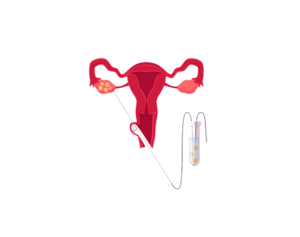
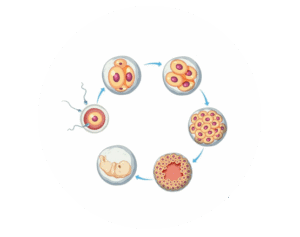
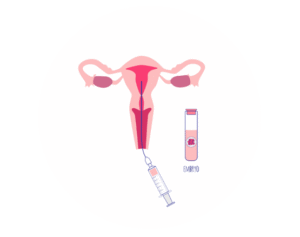
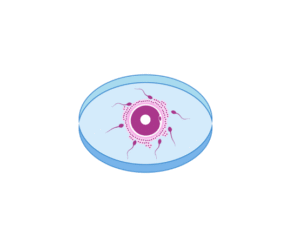
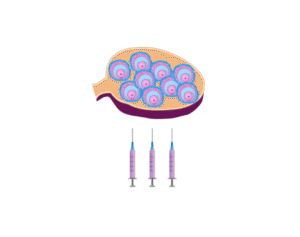

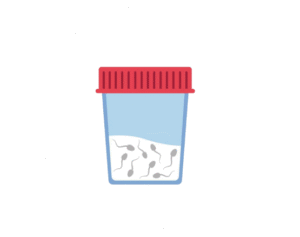
Vitamin D deficiency can cause the following problems:
These factors can negatively impact fertility by disrupting ovulation, reducing egg quality, and affecting the implantation of embryos.
Yes. Abnormally low vitamin D levels in females are linked to menstrual irregularities, decreased ovarian reserve, reduced success rates of assisted reproductive technologies (ART), and an increased risk of pregnancy complications.
Males with vitamin D deficiency have low-quality sperm, abnormally lower sperm count, and decreased sperm motility.
You can consume foods rich in vitamin D. Foods such as fatty fish, fortified dairy products, eggs, and mushrooms are vitamin D-rich. Additional supplements may be needed to rectify the deficiency.
Several studies have found that vitamin D blood levels of 30 ng/mL or higher are associated with higher pregnancy rates. Most experts consider 30ng/ml a good vitamin D level for fertility.
Vitamin D plays a crucial role in reproductive health—for both women and men. Low levels can impact hormone balance, egg quality, and even implantation success
©2025 Bestivf.ae All Rights Reserved.
Powered by Cielo Creatives
WhatsApp us